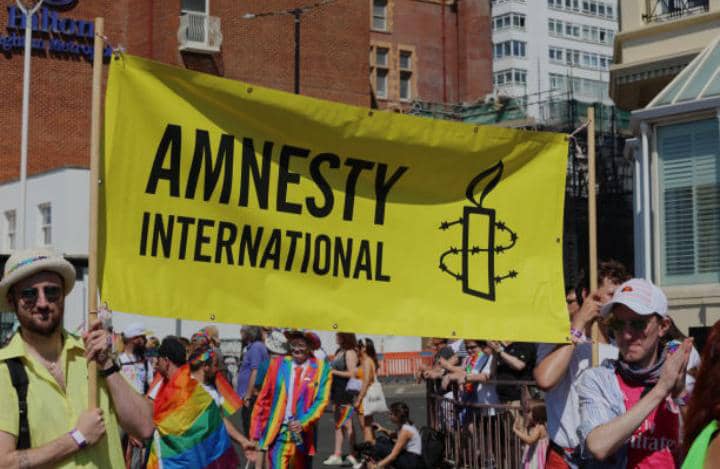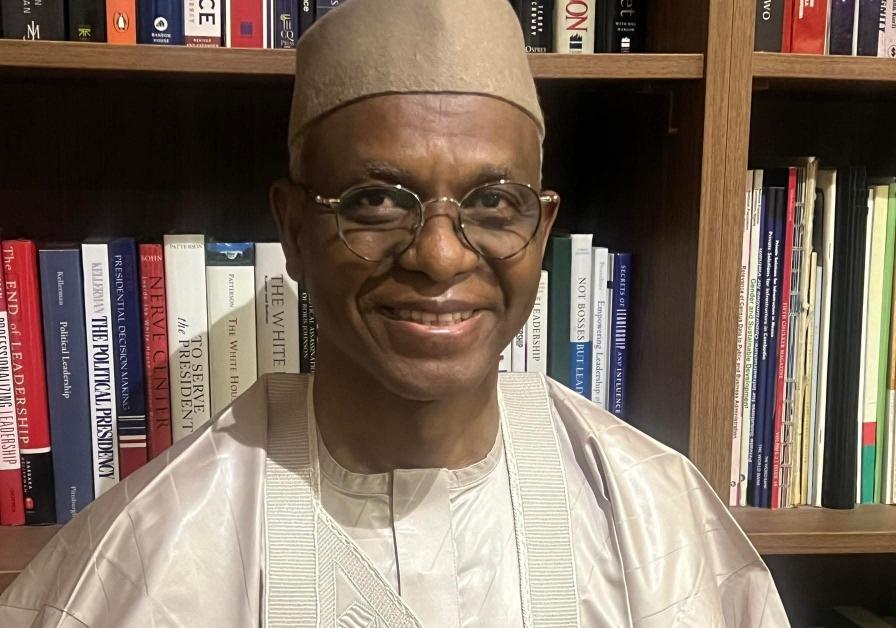Africa
Malaria Kills Nine Nigerians Every Hour — Report

Malaria continues to claim Nigerian lives at a terrifying rate nine people die every hour, according to the Society for Family Health (SFH).
The group raised alarm during a media briefing in Kano, urging immediate national attention and stronger prevention efforts.
Sesugh Deborah Oryiman, SFH’s Social and Behavioural Change Specialist, warned that 97 percent of Nigerians remain at risk, especially pregnant women and children under five.
She said the country sees nearly 110 million malaria cases each year, making Nigeria the world’s most burdened nation.
“Every hour, malaria kills nine Nigerians,” Oryiman said. “It causes 30% of child deaths and 11% of maternal deaths. One in five malaria deaths globally happens right here in Nigeria.”
She stressed that two out of four malaria patients in West Africa are Nigerians. The disease also causes massive economic losses.
Malaria contributes to school absenteeism, lost productivity, and a staggering 40 percent impact on Nigeria’s GDP.
The country loses billions of naira annually on treatment and missed work hours.
Still, there’s some progress. Microscopy-confirmed malaria cases have dropped from 27% in 2015 to 22% in 2021. Yet the fight is far from over.
To ramp up efforts, SFH plans to distribute 7.7 million insecticide-treated nets across Kano.
It will also roll out over 15 million doses of seasonal malaria chemoprevention (SPAQ) for children aged 3 to 59 months in the state’s 44 local government areas.
The nets and drugs will reach high-risk areas first. Oryiman urged families to prioritise prevention, especially sleeping under treated nets one of the most affordable and effective strategies.
Babangida Gwarzo, who leads the Kano State Malaria Elimination Programme, revealed that 27,000 community health workers will go door to door, ensuring over three million children get the SPAQ doses.
Caregivers will also receive small tokens to encourage net collection and drug compliance.
Gwarzo called on parents to bring children out for the dosage, especially now, during the rainy season, when mosquito activity peaks.
It still poses one of Nigeria’s deadliest threats. Despite improved awareness, the numbers remain shocking.
The SFH campaign sends a clear message malaria prevention must become a national priority.
For Diaspora Digital Media Updates click on Whatsapp, or Telegram. For eyewitness accounts/ reports/ articles, write to: citizenreports@diasporadigitalmedia.com. Follow us on X (Fomerly Twitter) or Facebook










